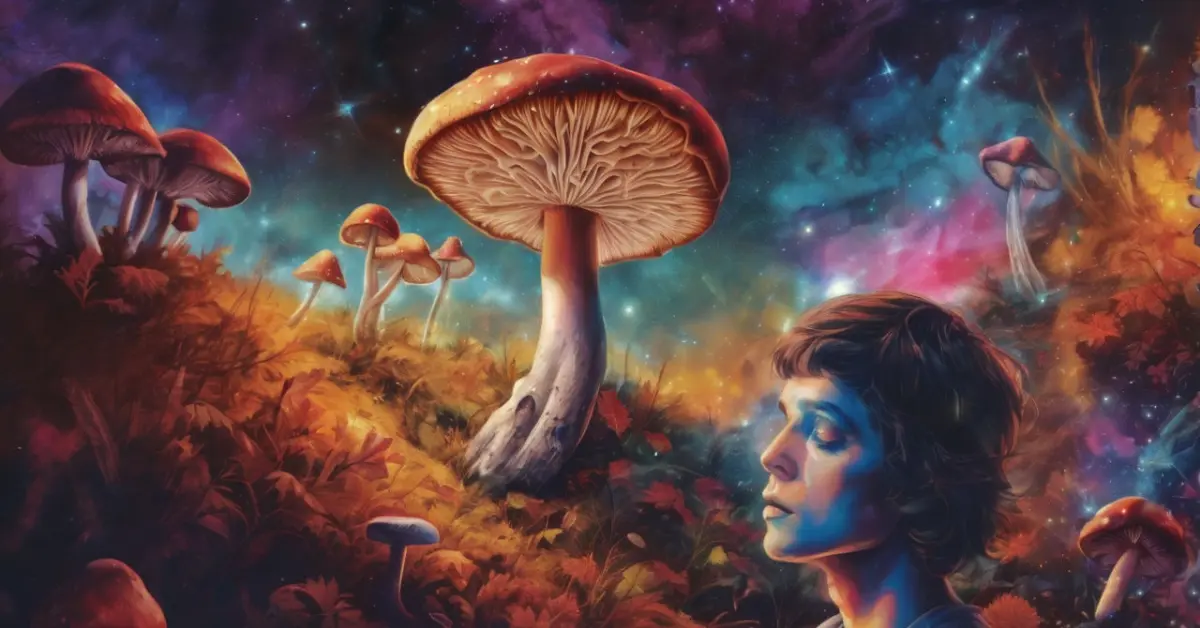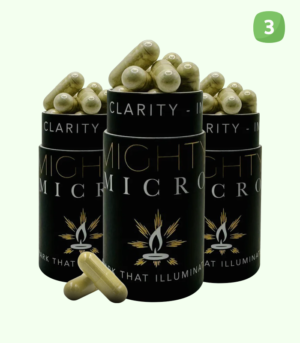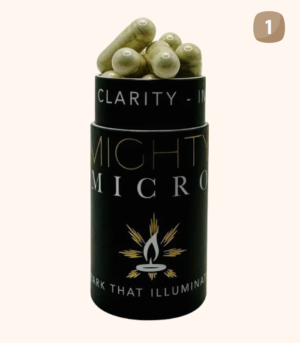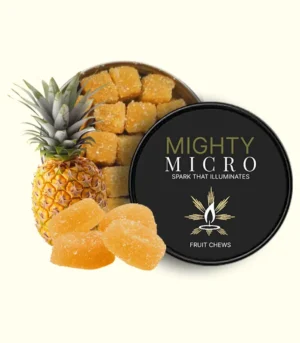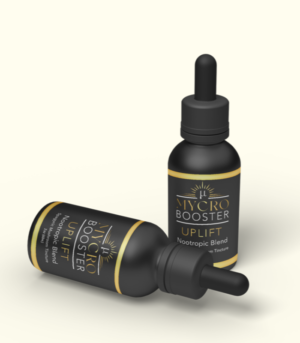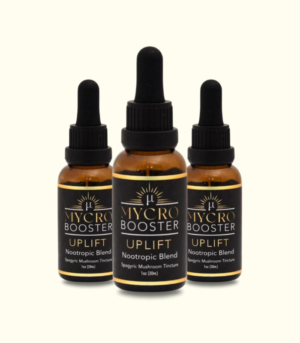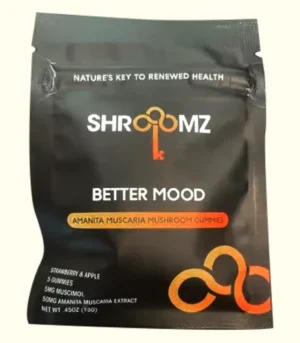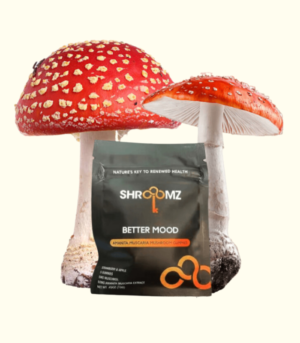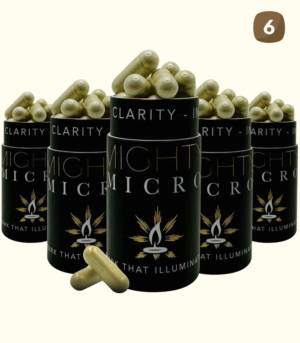Crack the window open and let the light of hope in. For countless people struggling with Post-Traumatic Stress Disorder (PTSD), their journey has been like walking a tightrope over a swirling tempest. As traditional treatments often fall short, a fresh gust of hope is blowing from a surprising source. Hold your breath, folks; we’re discussing magic mushrooms for PTSD. A fascinating combo, right? Buckle up as we traverse this not-so-beaten path and delve into the realm of psychedelic treatments.
What Are Magic Mushrooms and How Do They Work?
Magic mushrooms, or ‘shrooms’, fondly called in colloquial language, contain psilocybin. This natural psychedelic substance is renowned for causing a smorgasbord of sensory experiences, often called ‘trips’. While ‘magic mushrooms’ might make one think of fairy tales or fantasy novels, their potential impact on mental health is as real as the ground under your feet.
How Does PTSD Affect Mental Health?
PTSD isn’t just a bunch of letters. It’s a chronic mental health condition often linked to a traumatic event. The sufferer’s brain replays distressing memories like a hamster stuck in a wheel. Traditional treatments, including talk therapy and medication, can offer some relief, but they’re not a one-size-fits-all solution. So, what if magic mushrooms could provide an alternative route?
How Could Magic Mushrooms Offer an Alternative Treatment for PTSD?
Magic mushrooms, specifically those containing the psychoactive compound psilocybin, are being explored as an alternative treatment for PTSD (Post-Traumatic Stress Disorder). Research suggests that psilocybin may help by:
- Reprocessing Traumatic Memories: Psilocybin can facilitate a state of deep introspection, allowing individuals to confront and reprocess traumatic memories in a controlled setting, which may reduce the emotional impact of these memories.
- Enhancing Neuroplasticity: Psilocybin is believed to promote neuroplasticity, the brain’s ability to reorganize and form new neural connections. This could help PTSD sufferers break free from the rigid thought patterns and emotional responses associated with their trauma.
- Reducing Anxiety and Depression: Psilocybin has shown potential in alleviating symptoms of anxiety and depression, which are commonly associated with PTSD. This could lead to an overall improvement in mental health and well-being.
- Improving Emotional Regulation: Users report enhanced emotional regulation after psilocybin therapy, enabling them to better manage triggers and stressors that might otherwise lead to PTSD-related episodes.
What Is the Science Behind Magic Mushrooms and PTSD Treatment?
Under the hood of our skull, psilocybin interacts with the serotonin receptors in our brain. You could say it’s like turning up the volume on your favorite song. This amplification stirs neurological changes, leading to heightened sensory perception and an altered sense of reality. That’s the ‘magic’ part. But how about the ‘mushrooms and PTSD treatment’ part? Recent research has started to paint an intriguing picture.
How Does Psilocybin Interact with the Brain to Treat PTSD?
Some studies have shown that during a psilocybin ‘trip’, brain networks usually working in isolation begin collaborating. This cross-talk encourages the formation of new neural connections, granting the brain a fresh perspective to process past traumatic events. It’s like giving the brain a new canvas to repaint old, distressing memories. This potential reboot of the brain’s response to trauma is the ‘new hope’ we’re so excited about.
Buy Magic Mushroom Online
What Do Clinical Trials Say About Magic Mushrooms and PTSD?
Research into using magic mushrooms for PTSD treatment is like venturing into a dense, unexplored jungle. It’s exciting but also full of uncertainty. However, early clinical trials suggest that psilocybin therapy may benefit PTSD sufferers.
Are We Close to Magic Mushrooms Becoming a Standard PTSD Treatment?
Not quite. While initial trials indicate psilocybin therapy as a promising treatment for PTSD, more extensive research is required to understand its effects, potential risks fully, and long-term benefits. We’re still in the exploratory phase, but the journey will be thrilling.
What Are the Risks and Limitations of Using Magic Mushrooms for PTSD?
Before fully embracing the use of magic mushrooms as a treatment for PTSD, it is crucial to recognize that this approach is not without its risks and limitations. While preliminary research has shown promising results, further investigation is needed to fully understand the safety and efficacy profile of psilocybin-assisted therapy.
What Are the Possible Side Effects of Magic Mushrooms?
While ‘tripping’ on magic mushrooms might sound exciting, it can also lead to unsettling experiences. Side effects can range from mild anxiety to intense, frightening hallucinations. Moreover, individuals with a history of mental health disorders may be at a higher risk of adverse effects.
How Do Legal Regulations Impact the Use of Magic Mushrooms for PTSD?
The use of psilocybin, the active compound found in magic mushrooms, is tightly regulated in many countries due to its psychedelic nature. These regulations pose significant challenges for researchers and clinicians who are interested in exploring its potential therapeutic applications, particularly in the context of treating PTSD. The complex legal landscape surrounding psilocybin necessitates meticulous navigation and adherence to strict protocols in order to conduct controlled clinical trials.
Is the Promise of Magic Mushrooms for PTSD Real or Just Hype?
The road to unraveling the potential of magic mushrooms as a treatment for PTSD is steep and not without its fair share of bumps. But the signs are encouraging. The promise that magic mushrooms hold for PTSD treatment might seem like a long shot today, but who knows what tomorrow brings? Could it be the dawn of a new era in PTSD treatment? Only time will tell.
Remember, it’s not magic, but the science of magic mushrooms offers new hope for PTSD treatment. It’s a hope that stems from the prospect of transforming lives and turning nightmares into distant memories. Isn’t that worth exploring and, possibly, worth believing in?

